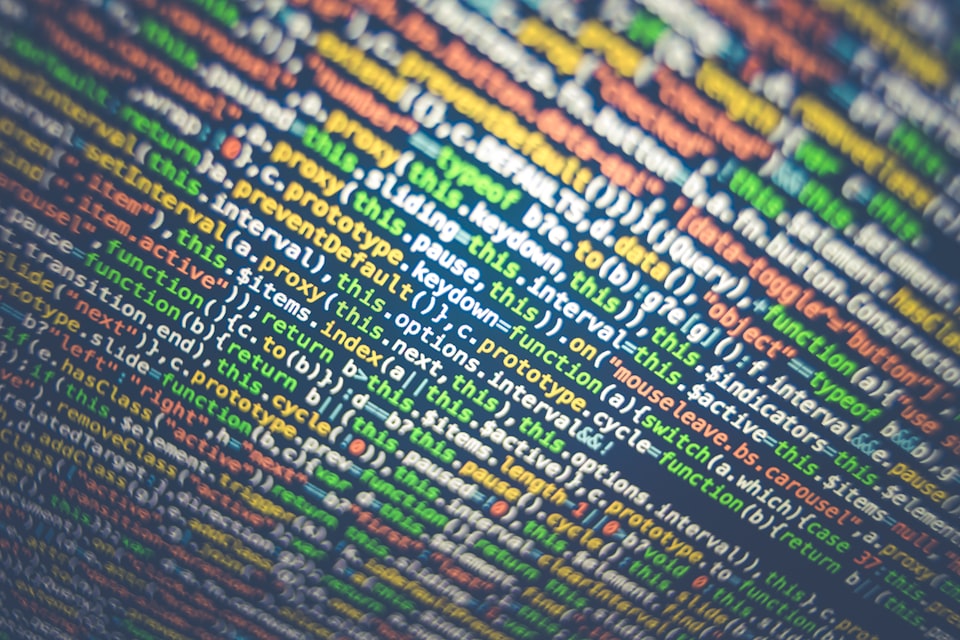What is open source?

Open source software is free.
Anyone can download open source programs, run them, copy them and pass them on to friends and colleagues without paying a licence fee and without breaking any laws.
That's a big deal and yet the cost, or lack of cost, is not the most important point. Open source advocates say the word free should be regarded in the same context as ‘free speech’ rather than ‘no payment’.
Open source is freedom
This freedom means that users can change the program to suit their own needs – something that is illegal with most other forms of software. The only stipulation is that the same set of freedoms must be passed on.
Altered open source programs must be made available to everyone. The logic of this approach is that control is decentralised – that way the software is continually improved.
At the same time, having large numbers of people looking at and improving on programs means that bugs are quickly eliminated – this is a powerful form of quality control.
Independence
Another aspect of open source is that it frees users from the clutches of the tech giants. In general they can't control what happens, they can't easily use open source software to feed their surveillance or AI engines. Open source users are generally independent of tech giants.
There are open source applications, games, operating systems and utilities. Any form of software can be open source.
You'll find open source software embedded in proprietary software. Parts of Apple's MacOS are open source. While the Android phone operating system is based on open source, the relationship between the version of Android on a phone and its open source roots is complicated.
There are different definitions and conflicting views on many of the nuances around open source. And, confusingly, there are hundreds of different open source licences to navigate, but, in general, if the software is free, if you can see and modify the code, it is open source.
There's a lot more to open source than mentioned here. This is a simple guide for non-technical readers.
Member discussion